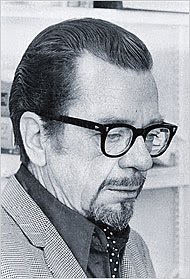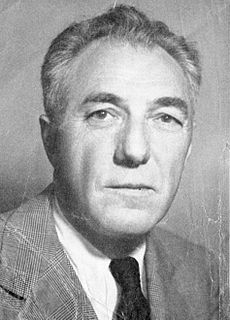A Quote by John Carroll
Nietzsche himself was a great moralist; his writings abound with value judgments about individuals, character types, modes of thinking, and national traits. It is as if he develops immoralist psychology in order to tame his own nature, to keep his own greatest vice in check.
Related Quotes
Everlastingly chained to a single little fragment of the Whole, man himself develops into nothing but a fragment; everlastingly in his ear the monotonous sound of the wheel that he turns, he never develops the harmony of his being, and instead of putting the stamp of humanity upon his own nature, he becomes nothing more than the imprint of his occupation or of his specialized knowledge.
It seems to me that the moralist is the most useless and contemptible of creatures. He is useless in that he would expend his energies upon making judgments rather than upon gaining knowledge, for the reason that judgment is easy and knowledge is difficult. He is contemptible in that his judgments reflect a vision of himself which in his ignorance and pride he would impose upon the world. I implore you, do not become a moralist; you will destroy your art and your mind.
When the father dies, he writes, the son becomes his own father and his own son. He looks at is son and sees himself in the face of the boy. He imagines what the boy sees when he looks at him and finds himself becoming his own father. Inexplicably, he is moved by this. It is not just the sight of the boy that moves him, not even the thought of standing inside his father, but what he sees in the boy of his own vanished past. It is a nostalgia for his own life that he feels, perhaps, a memory of his own boyhood as a son to his father.
I cannot but feel that the one man, above all others, who deserves the eternal thanks of his own race, and all thinking people, for bringing about baseball’s greatest reform, is Jackie Robinson himself…Certainly baseball people should be eternally grateful for the contribution he made to his own people, and to the game.






































